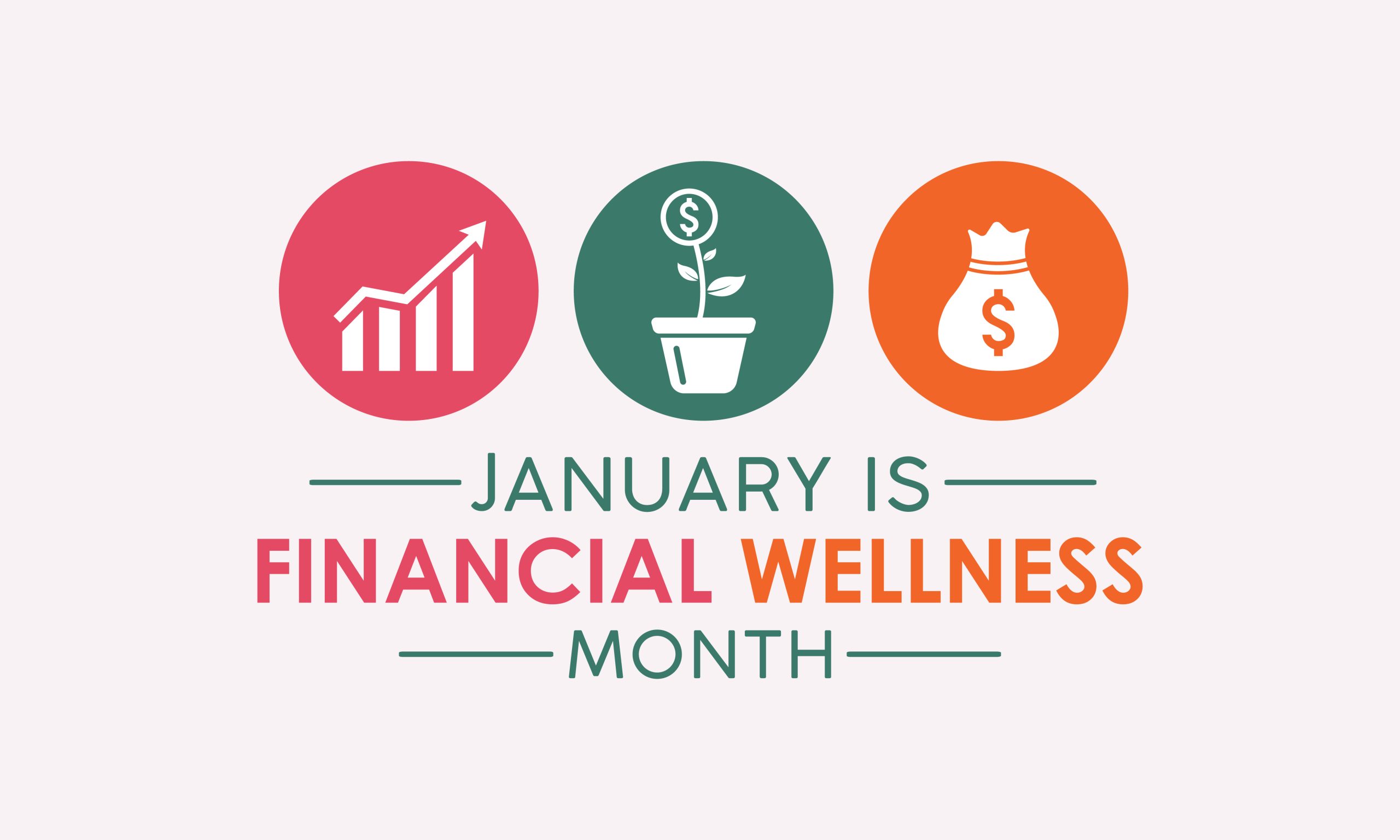When someone you care about asks you to co-sign a loan, it’s natural to want to help. Whether it’s your child buying their first car, a grandchild starting out in life, or a sibling looking to consolidate debt, your signature could be the bridge between their goals and reality.
As fee-only, certified financial planners, we frequently hear from clients who face this difficult decision. Helping loved ones is admirable, but protecting your financial well-being is equally (if not more) important. That is why we encourage our clients to pause and take a moment to understand exactly what co-signing means before agreeing.
What Does It Mean to Co-Sign a Loan?
Co-signing a loan means you agree to be equally responsible for the debt if the primary borrower is unable to pay. While you’re not the one receiving the funds or driving the car, in the eyes of the lender, you are just as liable as the person you’re helping. The loan will appear on your credit report, so if the borrower misses a payment or makes a late payment, it will impact your credit score as if it were your debt.
The Risks of Co-Signing a Loan
Before you sign on the dotted line, consider these risks:
- Legal Responsibility: You are legally obligated to repay the loan if the primary borrower defaults. This could lead to wage garnishment or collections, depending on the terms of the loan.
- Financial Setback: Paying off a debt you didn’t plan for could jeopardize your retirement savings or emergency fund goals.
- Credit Impact: If your loved one misses payments, your credit score could drop significantly.
- Debt-to-Income Ratio: Since the loan amount is considered part of your debt, it could affect your debt-to-income ratio, potentially impacting your ability to borrow in the future.
- Relationship Strain: Money matters can complicate relationships. If financial difficulties arise and you are asked to step in, it can create stress, resentment, or guilt on either side.
The Benefits of Co-Signing a Loan
Despite the risks, co-signing isn’t always a negative experience. Here are some potential benefits:
- Helping a Loved One: You can assist a family member or friend in achieving a goal that enhances their life, such as purchasing reliable transportation for work or securing an apartment lease.
- Building Their Credit: Making timely payments helps build the borrower’s credit history and score, allowing them to qualify independently in the future.
- Strengthening Family Ties: Many people find great satisfaction in supporting loved ones, especially when it leads to their growth and financial stability.
Steps to Take Before Co-Signing
If you’re considering co-signing, take these prudent steps first:
- Evaluate Your Own Financial Situation: Ensure that you could cover the entire loan without harming your own financial security or retirement plans if the borrower defaults.
- Have an Honest Conversation: Discuss their repayment plan, income stability, and what they will do if unexpected expenses arise.
- Understand the Loan Terms: Review all documents carefully. Know the interest rate, payment schedule, and consequences of missed payments.
- Check Your Credit Impact: Consult with your financial advisor to understand how this may affect your credit profile and borrowing capacity.
- Explore Alternatives: Could you gift a down payment instead? Could the borrower qualify for a smaller loan without a co-signer? Exploring other options can reduce your risk while still offering support.
- Get it in Writing: Even if it’s a family matter, consider drafting a written agreement that outlines responsibilities and repayment expectations. This helps avoid misunderstandings later.
- Monitor Payments: Track the loan’s payment history to avoid unpleasant surprises should the borrower miss a payment.
Final Thoughts on the Pros and Cons of Co-Signing a Loan
Co-signing a loan is a generous act, but it comes with significant financial and emotional responsibility. Before making this decision, ensure you’re protecting your own financial well-being so that your future – and your relationship with your loved one – remain secure. If you’re unsure, please don’t hesitate to reach out to us. We’re happy to guide you through the decision-making process with your goals in mind.



